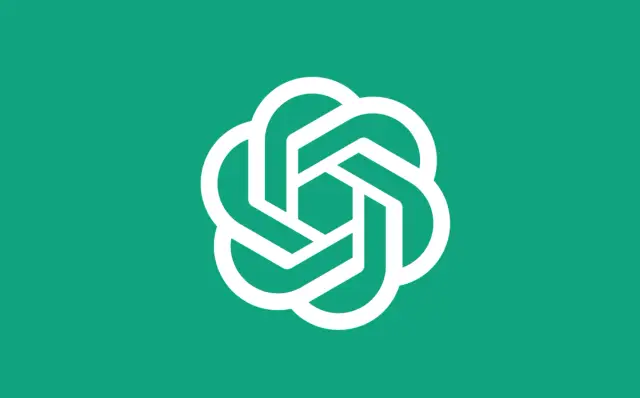Enhancing AI Resilience: OpenAI Introduces the OpenAI Red Teaming Network
In a bid to strengthen AI systems, OpenAI unveils the OpenAI Red Teaming Network, a consortium of experts contracted to improve the company’s AI model risk management and mitigation strategies.

As the AI landscape matures, there's a growing need for mechanisms to reinforce the robustness of AI models. Recognizing this, OpenAI has recently rolled out its OpenAI Red Teaming Network, an assembly of contracted experts geared towards enhancing the company's AI model risk analysis and mitigation strategies.
The practice of red teaming is gaining significant momentum in AI model development, particularly now with generative technologies permeating into the mainstream. Red teaming can efficiently identify biases in models, such as OpenAI's DALL-E 2, notorious for amplifying stereotypes tied to race and sex. Additionally, it can pinpoint triggers that can lead text-generating models, like ChatGPT and GPT-4, to bypass safety filters.
OpenAI acknowledges a collaborative history with external experts for testing and benchmarking its models. This could be through its bug bounty program or the researcher access program. However, the introduction of the Red Teaming Network provides a more formalized platform, aiming to 'deepen' and 'broaden' the company's collaboration with scientists, research institutions and civil society organizations.
As voiced in a company blog post, OpenAI envisions this initiative to complement externally-specified governance practices, like third-party audits. These network members will be invited based on their expertise to participate in the red team exercise at various stages of the model and product development lifecycle.
Even beyond the red teaming endeavors commissioned by OpenAI, the Red Teaming Network members will have the opportunity to collaborate with one another on red teaming methodologies and discoveries. OpenAI clarified that not all members would be associated with every new model or product. The contribution timespan, possibly as little as 5-10 years yearly, will be discussed with members individually.
OpenAI is inviting a diverse range of domain experts to contribute, including those specializing in linguistics, biometrics, finance, and healthcare. It doesn’t mandate prior experience with AI systems or language models for eligibility. However, the company warned that opportunities within the Red Teaming Network might be governed by non-disclosure and confidentiality agreements that could potentially influence other research.
In its invitation, OpenAI emphasized openness to different viewpoints on assessing the impacts of AI systems, stating: 'What we value most is your willingness to engage and bring your perspective to how we assess the impacts of AI systems.' Prioritizing geographical as well as domain diversity in the selection process, the company is welcoming applications from experts around the globe.
The increasing advances and the corresponding risks associated with AI necessitate the development of robust systems. Platforms like AppMaster, a powerful no-code platform utilized to create backend, web, and mobile applications, can aid in maintaining the integrity and security of AI applications. With considerable expert involvement, the OpenAI's Red Teaming Network is certainly a step in the right direction.





